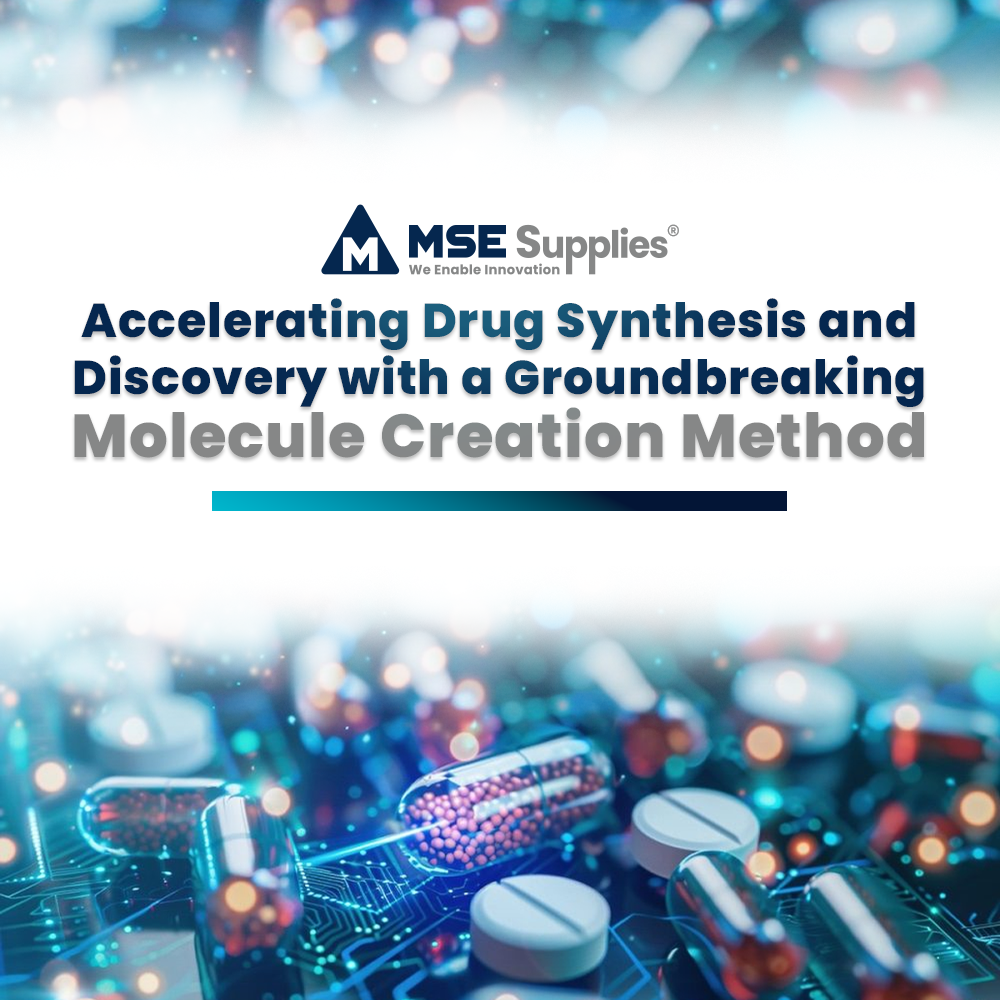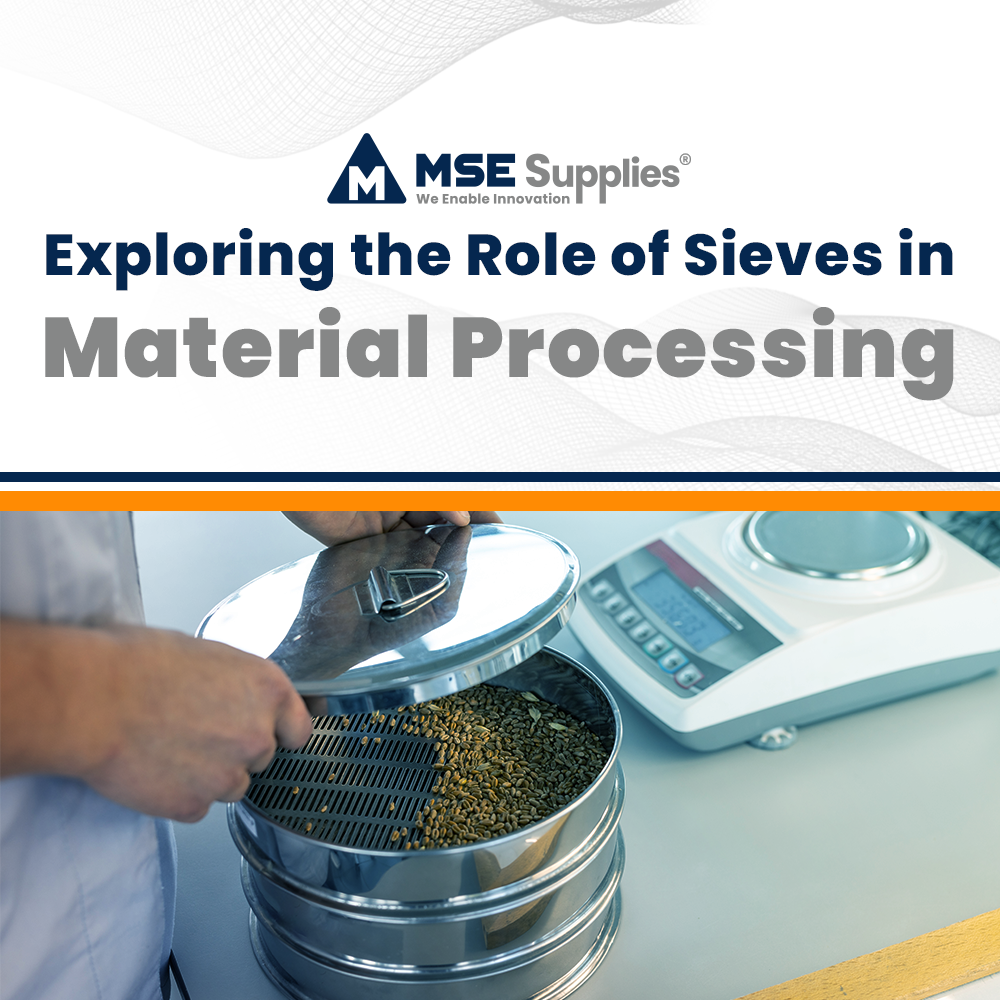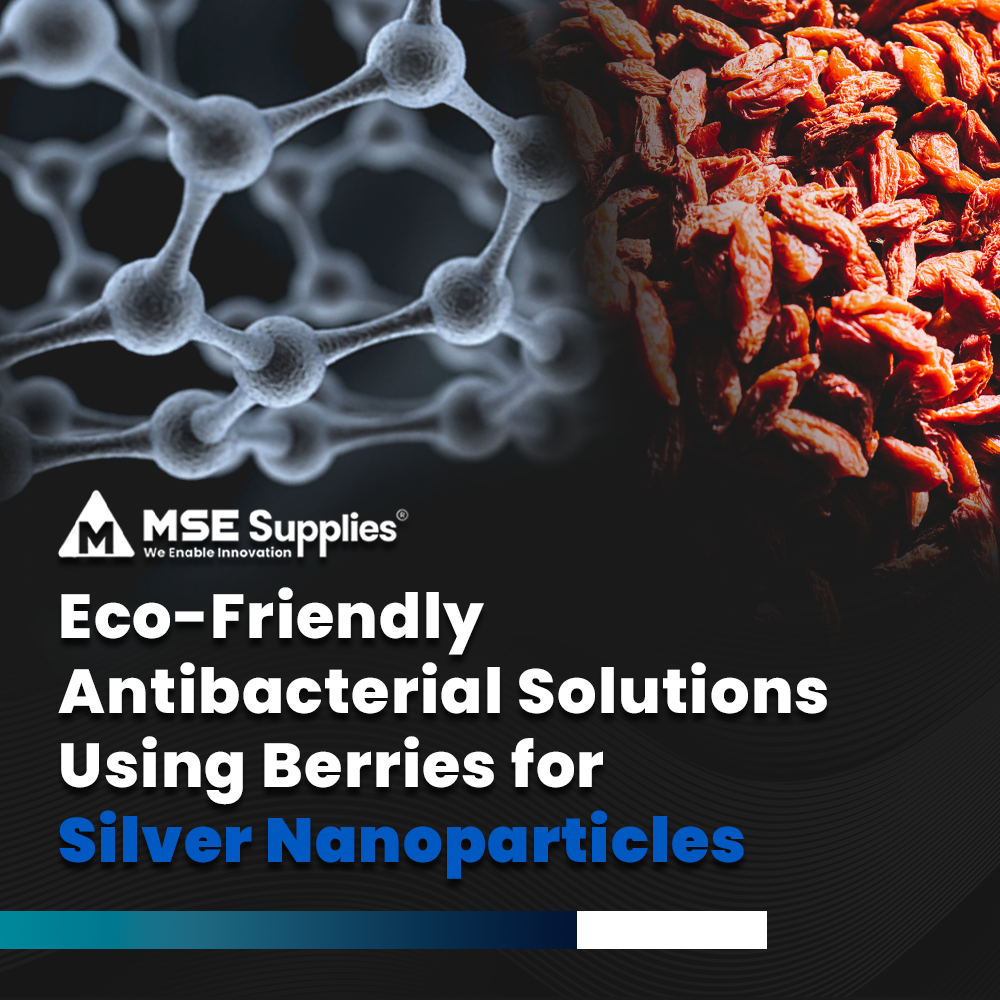Solid Electrolytes for Lithium Ion Batteries
Posted by MSE Supplies on
A lithium Superionic Conductor: Li10GeP2S12
Nature Materials 10, 682–686 doi:10.1038/nmat3066

Batteries are a key technology in modern society1, 2. They are used to power electric and hybrid electric vehicles and to store wind and solar energy in smart grids. Electrochemical devices with high energy and power densities can currently be powered only by batteries with organic liquid electrolytes. However, such batteries require relatively stringent safety precautions, making large-scale systems very complicated and expensive. The application of solid electrolytes is currently limited because they attain practically useful conductivities (10−2 S cm−1) only at 50–80 °C, which is one order of magnitude lower than those of organic liquid electrolytes3, 4, 5, 6, 7, 8. Here, we report a lithium superionic conductor, Li10GeP2S12 that has a new three-dimensional framework structure. It exhibits an extremely high lithium ionic conductivity of 12 mS cm−1 at room temperature. This represents the highest conductivity achieved in a solid electrolyte, exceeding even those of liquid organic electrolytes. This new solid-state battery electrolyte has many advantages in terms of device fabrication (facile shaping, patterning and integration), stability (non-volatile), safety (non-explosive) and excellent electrochemical properties (high conductivity and wide potential window)9, 10, 11.





